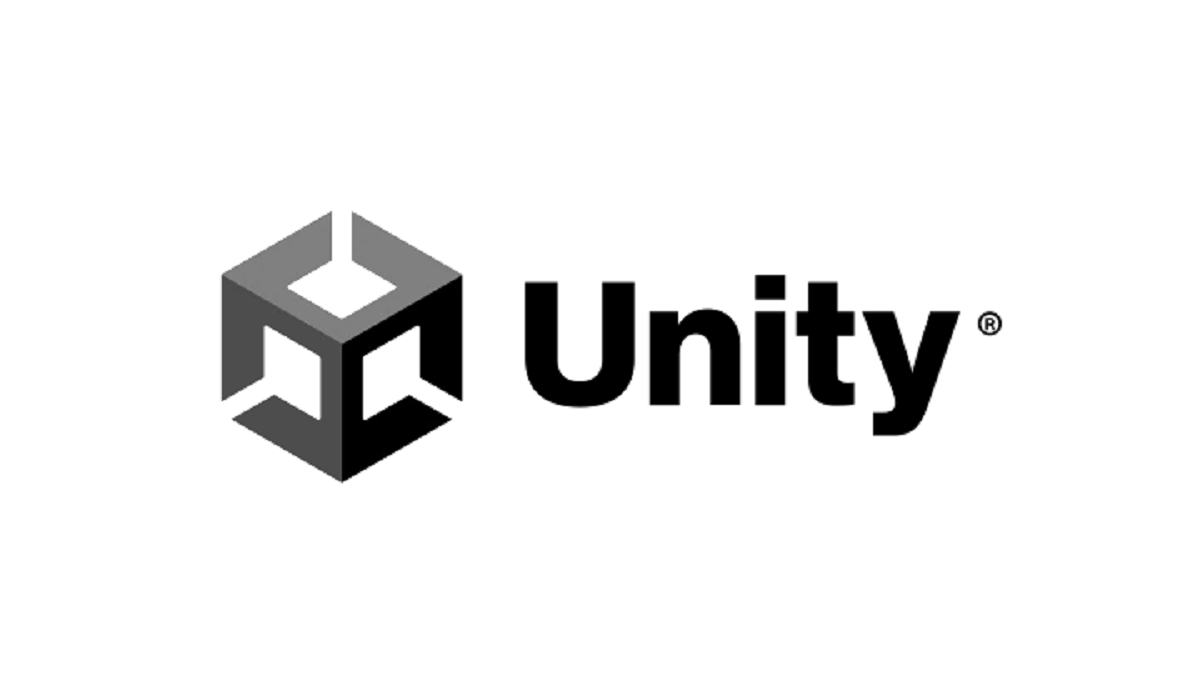Game development platform Unity is set to begin charging an installation fee in a major shift for the company.
According to Unity’s update, the new Unity Runtime Fee will kick in after users pass $200,000 revenue in 12 months, plus 200,000 lifetime installs on the Unity Personal and Unity Plus plans. Developers on the Unity Pro and Unity Enterprise plans, meanwhile, will benefit from a higher threshold of $1m revenue in 12 months and 1m lifetime game installs. The fees are reduced for developers in emerging markets.
Regardless of the limitations, however, this is a massive change for Unity, a game platform that has previously championed the democratisation of game development.
“[I] can imagine there’s a lot of developers who will see their Unity costs increase 100x or 1000x based on this massive change! Must be some pretty angry conversations happening today,” posted ad monetisation consultant Felix Braberg. “Hypercasual publishers must not be too pleased with these changes that come into effect on January 1st 2024.”
New tools and tiers
Unity has also announced a suite of new tools for Unity Personal users, a plan it also announced would be offered for free to developers, “Regardless of how much revenue they make to provide more flexibility in how creators manage their licenses.”
These new tools include Unity Sentis, the company’s AI tool, free for all users, as well as new free tiers for the Unity Asset Manager. Unity Plus, meanwhile, is set to be retired, with subscriptions already closed and developers to be offered a discounted Unity Pro subscription as a replacement sometime in mid-October.
Disunity
Unsurprisingly, the news of the new fees has caused an outpouring of frustration amongst developers online, who use Unity specifically for the lack of cost involved.
Fears that free-to-play developers could be on the hook for massive fees seem to be addressed by the threshold for revenue, but it’s done little to stymie the outpouring of frustration and anger at Unity since the announcement.
Speaking to The Guardian newspaper, developers have expressed incredulity and confusion about the Unity Runtime Fee, calling it a “back-end tax” applied to successful games.
Last year Unity merged with monetisation platform ironSource in a move that many observed would help bolster the company’s financials, and indeed the company recently boasted record revenue.
“This is not really that big of a surprise because Unity desperately needs to get profitable. Q4/2022 was the first profitable (non-GAAP) quarter in the company’s 18-year history,” Kim Soares of Social First posted on LinkedIn, one of many to comment on this week’s news. Soares later added to his thoughts: “[It’s] not a catastrophe for larger devs at all, and small indies will survive too. In my opinion, the biggest issue remains to be the fact that some countries with [a] lot of low LTV players could become unviable markets and games will not be available there anymore.”
This article was first published on PocketGamer.biz.






































